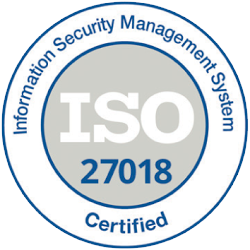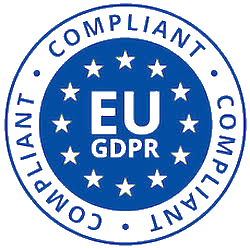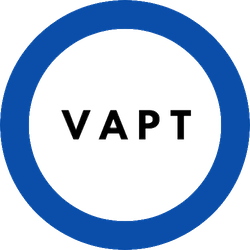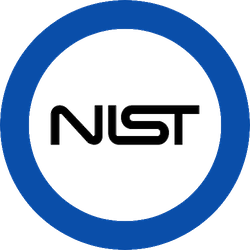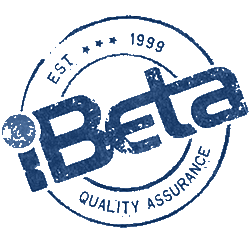Ever since digitization has increased the interactions between business owners and customers, the risk of fraud and money laundering has also increased. KYC-” Know Your Customer” has been introduced for fraud prevention and identification for all financial as well as non-financial entities.
What is KYC Compliance?
KYC Compliance describes regulations to be followed by organizations for customer identification and verification. The process involves the submission of a list of documents that provides the information if the client is genuine as he is claiming to be.
Customer verification thus prevents fraudulent activities thereby helping the business owners become well aware of the clients they deal with.
The degree of risk involved in a financial institution is much higher these days. Hence, fraud detection and fraud prevention are the main concerns of financial and non-financial organizations.
KYC Laws:
To identify fraud and illegal activities, certain laws have been laid across the globe. Below is the list of a few implemented KYC laws:
- Anti-Money Laundering Act(AMLA) :
This France Law describes the customer identity verification laws for financial institutions.
- Banking Secretary Act:
This USA law involves reporting authorities (banks) to carry out customer identification and verification as per US Patriot Act. Bank report to FinCEN in case of any suspicious activities.
- The Money Laundering Act-2017(MLA):
This UK-based law describes regulations related to customer identification and verification for reporting authorities.
- Proceeds of Crime(Money Laundering) and Terrorists Financing Act(PCMLTFA):
The Canada-based law explains KYC requirements and processes for reporting entities.
About KYC Compliance Process:
Though KYC Compliance processes vary across the globe, there are some common requirements:
- Start Customer Identification processes.
- Customer identification to be done only through their official identity documents.
- Maintenance of risk/fraudulent customer profiles.
- Corporate Identification- Corporate entities need to be verified and must be done only through corporation documents. The process also involves the identification and verification of respective owners.
- If required, make use of AML laws.
How does KYC Compliance help?
- Helps Track Tax Evaders:
Few high-income individuals may hide their actual income to get rid of the tax amount owed by them to the government. Tax Evasion is thus avoided by identifying and verifying the identity of all customers.
- Continuous Monitoring of Financial Transactions:
The monitoring of financial transactions reduces the chances of money laundering. Keeping track of all lump sum transactions avoids terror financing and hinders the entry of black-market funds.
- Background Checks:
Background Checks help organizations know more about their clients and protect the business from fraudulent customers and illegal activities.
KYC thereby helps in fraud detection and prevention which helps in building trust between business entities and their customers. The customer data received through the KYC process is stored which helps authorities for further investigation.
AccuraScan:
AccuraScan follows KYC rules and regulations for customer identification and verification and has been leading in digital KYC in the current market. Face/biometric authentication helps us provide fast and accurate results.
Connect with us today by visiting our website or sending in your request to connect@accurascan.com



